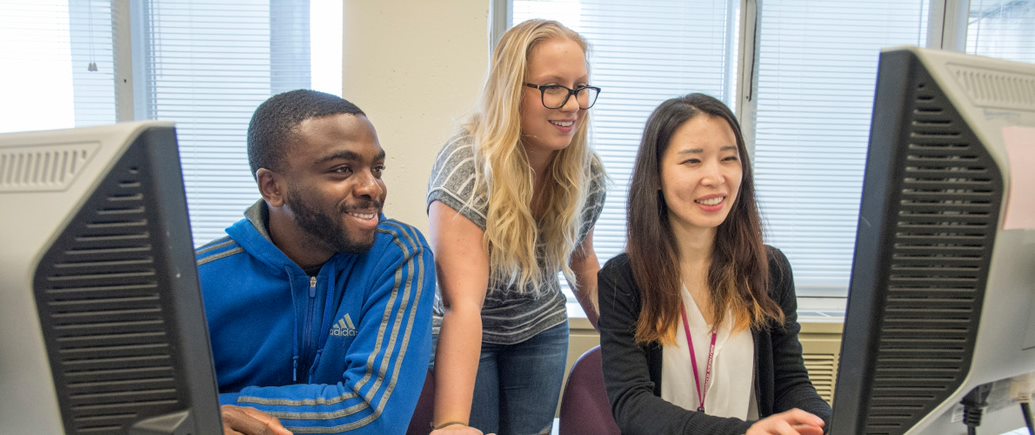Diversity, Equity, and Inclusion
/https://siu.edu/search-results.php
Last Updated: Feb 12, 2026, 02:04 PM

Diversity, Equity, and Inclusion areas include:
- Awareness-Building Activities
- Student-Focused Initiatives
- Human Resources/Personnel Development
- Organizational Development
Below are our academic units' [on going] accomplishments in preparing to meet SIU's Diversity, Equity, and Inclusion and to help cultivate a better learning environment. Our Diversity, Equity, Inclusion and Community Engagement Committee (DEICE) is charged with guiding the collective efforts of the School of Education to embrace diversity, equity, and inclusion, and to be actively and positively engaged in the communities that we serve. Check back periodically to see our progress.
The Office of Teacher Education uses the current data on school demographics reported in the Illinois State Board of Education’s eReport Card public site to intentionally place candidates in a clinical center for EDUC 302 that has a higher percentage of ELL students, racially diverse students, or socio- economically diverse students. All EDUC 303 candidates are placed in a classroom where students with disabilities are being educated with their nondisabled peers.
Teacher Education Program's Diversity in Educator Preparation
Our teacher education program values and respects human diversity in all of its forms: ability, age, race, class, culture, gender, ethnicity, family structure, religion, and sexual orientation. We believe social and economic differences are facts of life but tolerance and understanding of the differences is learned social behavior. Our educator preparation program is designed to help our candidates develop an understanding and appreciation of human diversity, and to provide our candidates with a foundation of effective, culturally competent practice.
Student Focused Initiatives
Within our conceptual framework, valuing diversity is an important professional disposition which has been interwoven throughout multiple required courses. Diversity is introduced and explored in EDUC 311: Diversity, Culture and Education in a Pluralistic Society. This course explores the intersection between education, democracy and diversity in American schooling.
EDUC 319: Language, Culture and Learning focuses on diversity in the classroom including English Language Learners, bilingual education, and culturally and linguistically responsive instruction.
EDUC 308: Characteristics and Methods for Teaching Exceptional Children focuses on strategies for accommodating exceptional learners in general education classes through the use of effective academic and behavioral instruction.
The clinical experiences for pre-service teachers reinforces candidates’ understanding of diversity and how diverse experiences shape their approaches to learning. The clinicals (EDUC 301, 302, 303, 400, 401) encourage social interaction and active engagements to create a positive learning community.